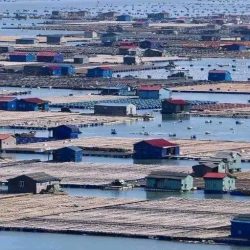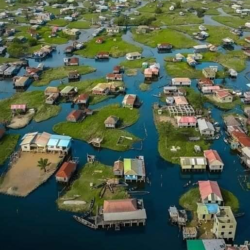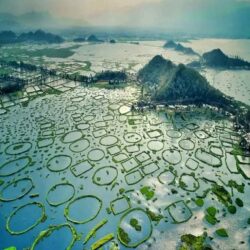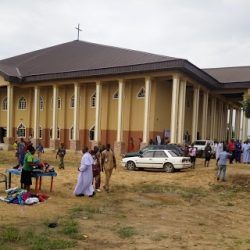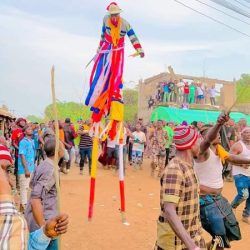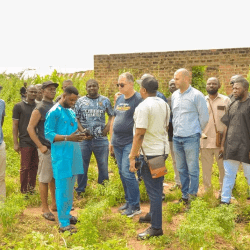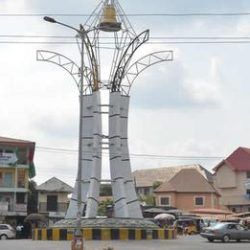The Tanka people, also known as “sea gypsies,” have sustained a unique and fascinating way of life for over 1,300 years, living entirely on water. This floating community of approximately 7,000 individuals has crafted a remarkable existence centered on the sea, thriving in harmony with the marine environment.
Life on Floating Homes
Their homes are boats designed to accommodate all aspects of daily life, including living spaces, kitchens, and bathrooms. Weddings, funerals, and other social and cultural events take place on these vessels, making the water not only their home but also the foundation of their traditions and ceremonies.
Occupations and Livelihood
- Fishing Trade: The Tanka people are primarily fishermen, relying on their intimate knowledge of the sea to sustain their livelihoods.
- Salt Industry: Some members work in salt extraction, an essential trade in coastal regions.
- Pearl Diving: A few brave the depths of the sea to engage in pearl fishery, a skill requiring expertise and courage.
Cultural and Historical Significance
Historically, the Tanka people have been marginalized and labeled as “sea gypsies” by outsiders, including the Chinese and British, due to their distinct lifestyle. However, their resilience and ability to sustain their culture on the water for centuries highlight their ingenuity and adaptability.

Connection to Land
It is believed that the Tanka have not set foot on land for generations. Their deep-rooted connection to the sea makes their lifestyle a rare cultural phenomenon, offering a glimpse into a harmonious existence with nature that is virtually unparalleled in the modern world.
This enduring community exemplifies the richness of human diversity, demonstrating how people can adapt to and thrive in unique environments for centuries.
